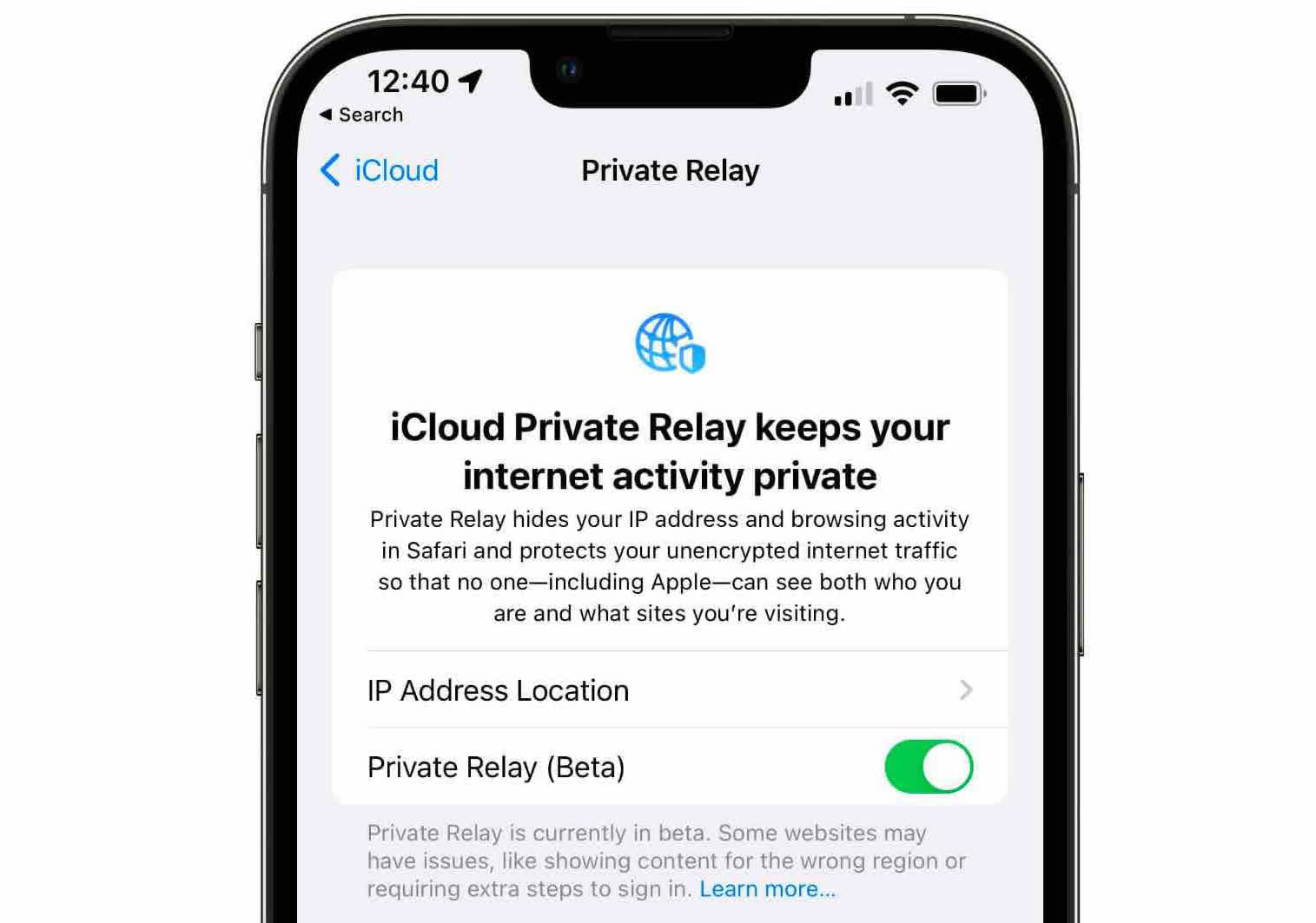Why it matters: Apple’s focus on privacy may have won some loyalty points with its customers, but telecom companies now want to push back against features like “Private Relay” just as much as regulators and law enforcement. This isn’t the first time encryption tech is being criticized for its potential to hide “digital footprints” for criminals, but now it’s also being portrayed as something that can harm competition in some digital markets.

Last year, a group of Republican senators proposed a new bill that would end what they called “warrant-proof” encryption, adding to a never-ending headache that affects both tech companies and consumers. In the case of Apple, even the FBI has asked it to break the encryption on iPhones on several occasions over the last few years. As of late, it’s been toning down its requests and expressing them in a more diplomatic manner.
Lately, some European mobile operators have been joining regulators in their battle against encryption technologies. According to a report from The Telegraph, several companies are urging regulators to render encrypted browsing and other similar technologies illegal, as they essentially break broadband and mobile providers’ ability to assist law enforcement in their investigations into suspected terrorists and child abusers.

Back in August 2021, Vodafone, Orange, T-Mobile, and Telefonica signed a joint letter to the European Commission where they asked regulators to stop Apple from using “Private Relay” as it undermines their “digital sovereignty.” In other words, the companies believe it takes away control over the networks they operate and could “impair others to innovate and compete in downstream digital markets.”
Private Relay is a beta feature for paid iCloud users on iOS 15 and macOS Monterey that encrypts your web browsing traffic and routs it through two internet hops or “relays.” What this does is hide your browsing activity from ISPs, as well as your precise location from trackers found on the websites you visit, thus preventing them from creating a profile of who you are and what you do online.
It only works with Safari, however, and websites can easily identify it as a “proxy server.” And unlike a VPN, it doesn’t offer the ability to access region-locked content.
Telecom companies in Europe are now urging regulators to pass legislation that would classify Apple as a “digital gatekeeper.” This will most likely happen under the EU Digital Markets Act, which is expected to come into effect later this year. In the meantime, some mobile operators such as T-Mobile have started blocking iPhone users from enabling Private Relay in the US and the UK.
https://www.techspot.com/news/92918-apple-faces-criticism-europe-over-icloud-private-relay.html